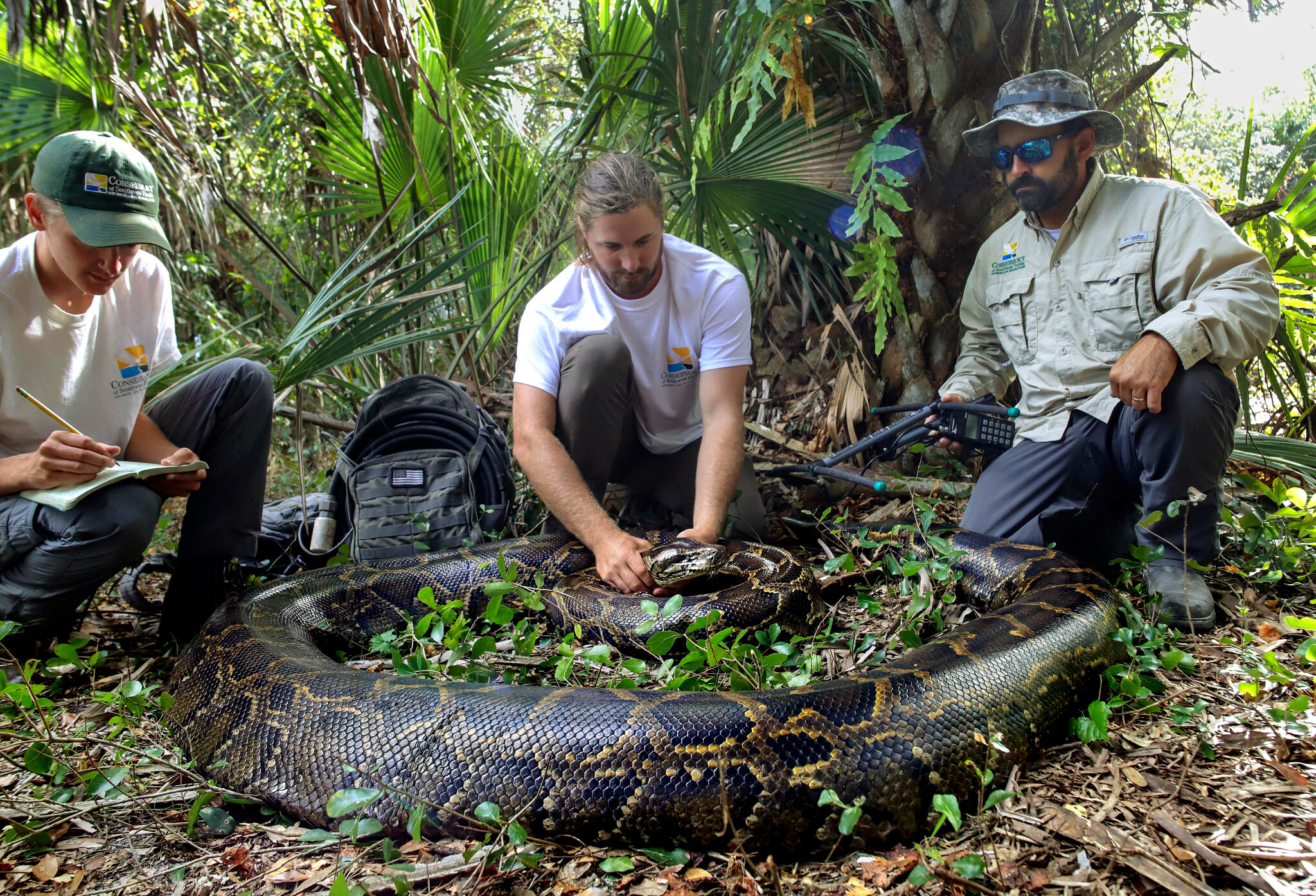When people think of Florida, they often picture sunny beaches, theme parks, and perhaps a few alligators. But did you know that Florida is also home to a variety of scorpions? These fascinating creatures might not be the first thing that comes to mind when you think of the Sunshine State, but they play an important role in Florida’s ecosystem. In this article, we’ll dive into everything you need to know about scorpions in Florida—what they are, where you can find them, and what you should do if you come across one.
What Are Scorpions?
Scorpions are predatory arthropods, meaning they have a hard exoskeleton and jointed legs. They belong to a class of animals called Arachnida, which also includes spiders, ticks, and mites. Scorpions have been around for hundreds of millions of years, and they’ve developed some pretty interesting features to help them survive.
One of their most notable features is their pincers. These are used to grab and crush their prey, which can include insects, spiders, and even small animals. Scorpions also have a long, segmented tail that curls up over their back. At the end of this tail is a venomous stinger, which they use to inject venom into their prey. While their venom is often used to paralyze their catch, it’s rarely dangerous to humans, although it can be quite painful. Also read Scorpions in Florida Everything You Need to Know
Scorpions in Florida: An Overview
In Florida, scorpions are not as common as some other pests, but they are definitely present. There are a few species that you might encounter if you live in or visit the state. The most common scorpions in Florida include the Florida Bark Scorpion and the Hentz Striped Scorpion.
Florida Bark Scorpion
The Florida Bark Scorpion is the most frequently seen scorpion in the state. It’s a relatively small scorpion, usually measuring about 2.5 to 3 inches long. Its color ranges from light brown to yellowish, and it has a somewhat translucent appearance. The Florida Bark Scorpion is more likely to be found in wooded or leaf-covered areas, as it prefers to hide in dark, cool places during the day.
Hentz Striped Scorpion
Another scorpion that can be found in Florida is the Hentz Striped Scorpion. This species is a bit larger than the Florida Bark Scorpion, growing up to about 3.5 inches in length. As its name suggests, it has distinctive stripes running down its back. This scorpion is often found in areas with plenty of cover, such as under rocks or logs.
Where to Find Scorpions in Florida
Scorpions in Florida are typically found in specific types of environments. They like to stay hidden, so they are often found in places where they can avoid direct sunlight and stay cool. Here are some common places where you might come across a scorpion:
Under Rocks and Logs
One of the favorite hiding spots for scorpions is under rocks and logs. These spots provide the perfect combination of shelter and humidity that scorpions need to stay comfortable. If you’re exploring a wooded area or a garden, be cautious when turning over rocks or logs, as you might disturb a scorpion.
In Woodpiles
If you have a woodpile in your yard, this could be another place where scorpions might be hiding. Woodpiles offer both shelter and food sources, such as insects, which scorpions feed on. When handling firewood or moving piles of wood, it’s a good idea to be careful and check for scorpions.
In Leaf Litter
Scorpions also enjoy hiding in leaf litter. Fallen leaves and other organic debris can create a perfect hiding spot for these creatures. If you’re raking leaves or cleaning up your garden, be aware that you might stir up a scorpion or two.
Inside Homes
While scorpions prefer the outdoors, they can occasionally find their way inside homes. This usually happens when they are looking for a new hiding spot or are accidentally brought in with firewood or other outdoor items. Scorpions are more likely to enter homes during the warmer months when they are more active.
What to Do If You Encounter a Scorpion
Encountering a scorpion can be a surprising experience, but there’s no need to panic. Here’s what you should do if you come across one:
Stay Calm
First and foremost, stay calm. Most scorpions are not aggressive and will not sting unless they feel threatened. If you spot a scorpion, it’s best to give it space and avoid making sudden movements.
Avoid Touching It
Do not try to touch or handle the scorpion. Even though the sting of most Florida scorpions is not dangerous to humans, it can still be quite painful. To avoid getting stung, it’s best to keep your distance.
Remove It Safely
If you need to remove a scorpion from your home or yard, use a tool like a broom or a long stick to gently guide it into a container. Once it’s safely inside, you can take it outside and release it away from your living area.
Seek Medical Advice if Stung
If you do get stung by a scorpion, wash the area with soap and water to prevent infection. Apply a cool compress to reduce pain and swelling. Most stings will cause only mild pain and discomfort, but if you experience severe symptoms like difficulty breathing, swelling beyond the sting site, or severe pain, seek medical attention immediately.
Scorpions and Their Role in the Ecosystem
Scorpions might seem like pests, but they play a crucial role in the ecosystem. As predators, they help control the population of other small insects and arachnids. By keeping these populations in check, scorpions contribute to the balance of the ecosystem.
Their venom also serves as a defense mechanism against predators. It’s a fascinating adaptation that allows them to capture prey and protect themselves from potential threats. Additionally, scorpions are a food source for some animals, such as birds and larger arachnids, further contributing to the food chain.
How to Prevent Scorpions in Your Home
If you’re concerned about scorpions making their way into your home, there are some preventive measures you can take:
Seal Entry Points
Check your home for any gaps or cracks where scorpions might enter. Seal these entry points with caulking or other appropriate materials to prevent scorpions from getting inside.
Keep Your Home Clean
Regular cleaning can help minimize the places where scorpions like to hide. Make sure to keep your home free of clutter and regularly clean areas where scorpions might find shelter, such as under furniture and in closets.
Maintain Your Yard
Keep your yard well-maintained by trimming back bushes, removing leaf litter, and regularly checking woodpiles for pests. By reducing potential hiding spots for scorpions around your home, you can help keep them at bay.
Use Pest Control
If you’re having trouble with scorpions, consider contacting a pest control professional. They can provide treatments and advice to help manage scorpions and other pests in your home and yard.
Fun Facts About Scorpions
Here are some fun facts about scorpions that you might find interesting:
- Scorpions Glow in the Dark: Under ultraviolet light, scorpions appear to glow. This is because of a special substance in their exoskeleton that reacts to UV light. Scientists are still studying why scorpions have this glowing feature.
- Scorpions Have Been Around for a Long Time: Scorpions are one of the oldest living species on Earth. They’ve been around for more than 400 million years, predating dinosaurs!
- Scorpions Can Live Without Food: Scorpions are quite hardy and can live without food for several months. They can go without water for even longer, making them well-adapted to dry environments.
- Scorpions Have Poor Eyesight: Despite their fearsome appearance, scorpions have relatively poor eyesight. They rely more on their sense of touch and vibrations to hunt and navigate their surroundings.
Conclusion
Scorpions in Florida might not be as well-known as the state’s other wildlife, but they are an important part of the ecosystem. Understanding these fascinating creatures can help you appreciate their role in nature and take the necessary precautions to avoid any unwanted encounters. Whether you’re a local resident or just visiting, knowing more about scorpions can make your experience in Florida a little more informed and a lot more interesting. So next time you find yourself in the Sunshine State, keep an eye out for these ancient arachnids and remember to respect their space in the wild!





